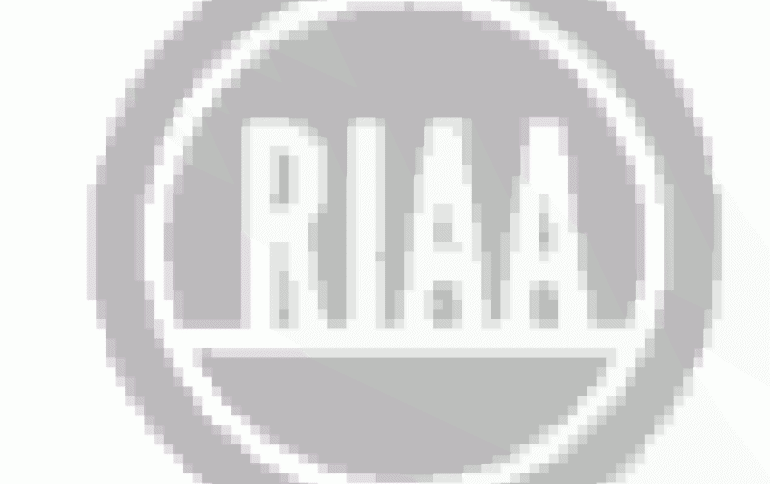
Recording Industry Urges Students to Stop Downloads
The U.S. recording industry on Wednesday stepped up efforts to stop college students from downloading pirated music online and offered students a way to settle the disputes out of court.
The Recording Industry Association of America, or RIAA, said it
sent 400 letters to 13 U.S. universities advising of potential
copyright infringement lawsuits against students who use their
computer networks to swap songs they haven't paid for.
The industry group is asking the universities to notify students they will be sued, but can settle the cases before any lawsuits are filed. RIAA said it will send out hundreds of the letters each month in an effort to stamp out music theft by students.
Previously, the group filed lawsuits against individuals who illegally swapped songs on Internet-based networks like KaZaa and Limewire. The music industry argues the practice has cost them millions of dollars.
More than 1 billion songs are swapped on such services each month, according to Web tracking company Big Champagne.
The record industry, which has seen sales plunge by more than 23 percent between 2000 to 2006, wants music lovers to purchase digital music over legal Web sites like Apple Inc.'s iTunes Music Store or RealNetworks Inc.'s Rhapsody.
A University of Richmond study found that more than half of college students downloaded music and movies illegally, the RIAA said.
Under the settlement deal offered by RIAA, students would have to pay a fine and sign a statement promising they would no longer download music illegally.
Recipients of the letters can settle the cases online at a Web site set up by the RIAA (http://www.p2plawsuits.com).
The industry group is asking the universities to notify students they will be sued, but can settle the cases before any lawsuits are filed. RIAA said it will send out hundreds of the letters each month in an effort to stamp out music theft by students.
Previously, the group filed lawsuits against individuals who illegally swapped songs on Internet-based networks like KaZaa and Limewire. The music industry argues the practice has cost them millions of dollars.
More than 1 billion songs are swapped on such services each month, according to Web tracking company Big Champagne.
The record industry, which has seen sales plunge by more than 23 percent between 2000 to 2006, wants music lovers to purchase digital music over legal Web sites like Apple Inc.'s iTunes Music Store or RealNetworks Inc.'s Rhapsody.
A University of Richmond study found that more than half of college students downloaded music and movies illegally, the RIAA said.
Under the settlement deal offered by RIAA, students would have to pay a fine and sign a statement promising they would no longer download music illegally.
Recipients of the letters can settle the cases online at a Web site set up by the RIAA (http://www.p2plawsuits.com).














